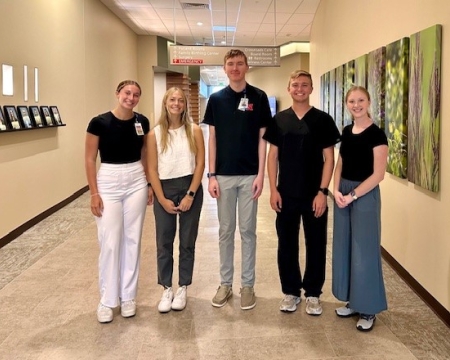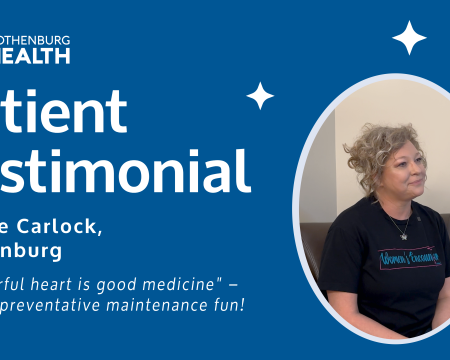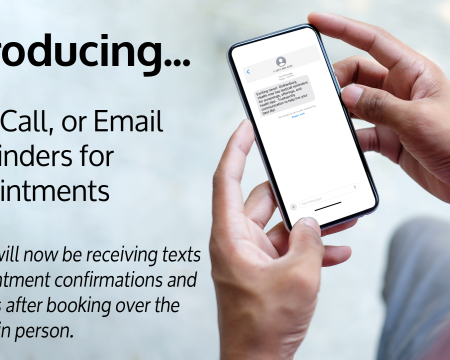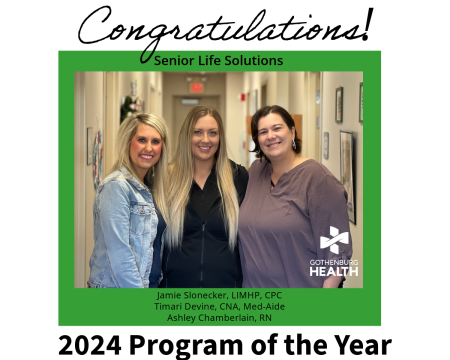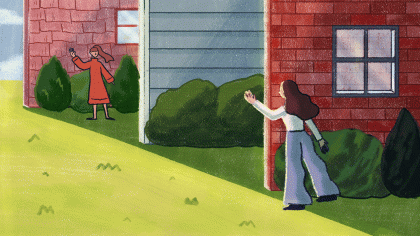
Won't You Be My Neighbor
A question popularized by America’s cherished neighbor; Mr. Rogers has become critical in the days of “Shelter-In-Place” orders across the US. As local, state and federal authorities are urging Americans to “Do our part and stay apart”; the concept of neighborliness has become an important strategy for managing our daily activities. #ConnectDuringCovid makes being a good neighbor more important than ever! The feelings of connection that develop when we know our neighbors, brings out the best in us. The importance of being a good neighbor extends far beyond improving bonds with those you live closest to. Here are 10 things you can do to be more neighborly and make Mr. Rogers proud:
- Introduce yourself, if you’re new to the neighborhood/building or if you’ve been there awhile (maybe even a LONG while) there’s no time like a national pandemic to connect with those around you!
- Go one step beyond an introduction-give your neighbor your phone number. And, because we’re not all geniuses at remembering names, don’t forget to write your name.
- Try to remember names yourself. Add them to your contacts list, write them down or stick them on your refrigerator, whatever it takes. Our cell phones have caused our memories to be out-of-shape, so think of it as a Brain Exercise and mentally name your neighbors while you are doing your reps.
- If you have kids or feel like getting crafty, make a “Hello” card with your name and those that live with you. You could also include your contact info, a note encouraging them to call if they need anything or let them know you will call next time you run to the store to see if they need anything.
- Get to know the neighborhood or your floor in the apartment complex by actively engaging with people as you see them out and about. Social Distancing doesn’t mean ignoring people–remain 6 feet apart as you chat.
- Go out of your way to be friendly, even if you aren’t really friends you don’t have to be close to be warm and sociable.
- Stop to say “hello” when you cross paths.
- Be aware of your house noise and sounds, like running kids, impromptu dance parties, or loud music, especially if you live in a shared space or close proximity to neighbors.
- Pay attention to the houses of your neighbors. If there are several days of newspapers piled up, their trash needs to be moved, or anything else you could help with, don’t be afraid to offer, they may be unable to physically do these common tasks.
- If you are the dog whisperer, Marie Kondo organizer, ironing fiend or the next food network star, offer to help with their pet, handle simple home repairs or bake a treat or a meal.
For more information on how to #ConnectDuringCovid19, Contact Gothenburg Health Senior Life Solutions at 308.537.1030.
If you or a loved one is in need, contact the SAMHSA Disaster Distress Helpline (800) 985-5990 that provides 24/7, 365-day-a- year crisis counseling and support to people experiencing emotional distress related to natural or human-caused disasters. Additionally, older adults and adults living with disabilities can contact the Institute on Aging’s 24-hour toll-free Friendship Line, an accredited crisis line at 800-971-0016. If you are experiencing a mental health emergency, go to your nearest emergency room or dial 911.


